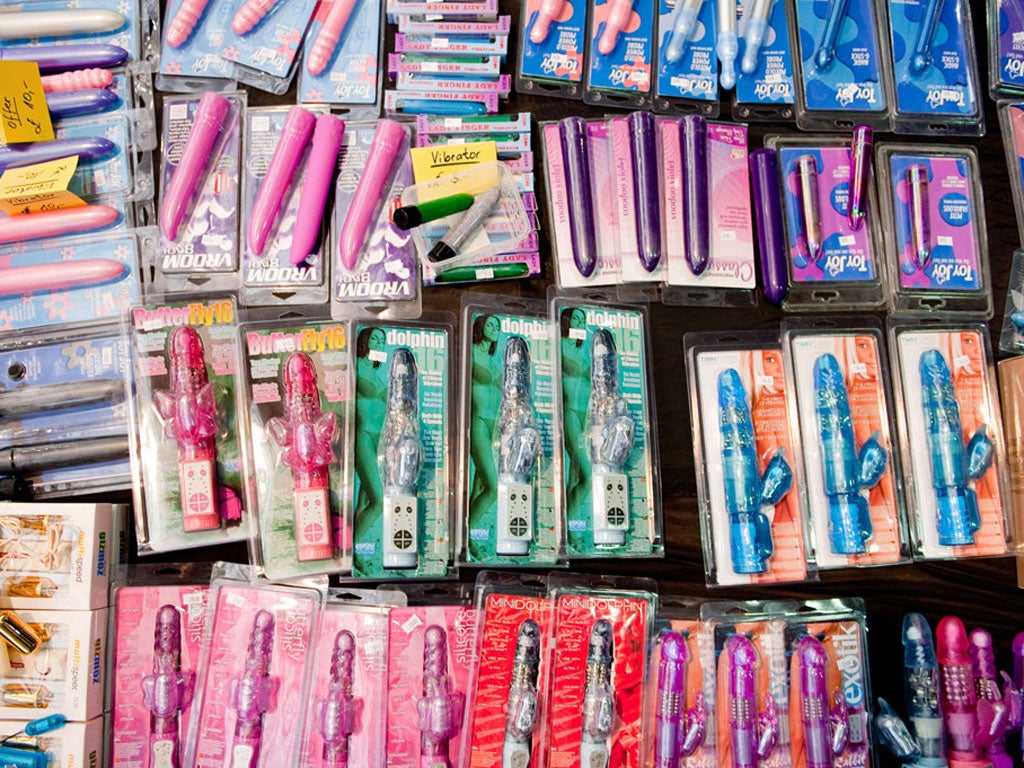Your support helps us to tell the story
From reproductive rights to climate change to Big Tech, The Independent is on the ground when the story is developing. Whether it's investigating the financials of Elon Musk's pro-Trump PAC or producing our latest documentary, 'The A Word', which shines a light on the American women fighting for reproductive rights, we know how important it is to parse out the facts from the messaging.
At such a critical moment in US history, we need reporters on the ground. Your donation allows us to keep sending journalists to speak to both sides of the story.
The Independent is trusted by Americans across the entire political spectrum. And unlike many other quality news outlets, we choose not to lock Americans out of our reporting and analysis with paywalls. We believe quality journalism should be available to everyone, paid for by those who can afford it.
Your support makes all the difference.Margaret Thatcher considered banning sex toys using an anti-pornography law as part of a drive to clean up public decency in the 1980s.
Documents released by the National Archives reveal that the former prime minister was persuaded to consider a change in the law by the anti-obscenity campaigner Mary Whitehouse, whom she met on two occasions.
Leon Brittan, the home secretary at the time, wrote to Mrs Thatcher noting that there was a “strong case” to be made for banning sex toys under obscenity laws.
In September 1986 he wrote: “Some of the items in circulation are most objectionable, including some which can cause physical injury,” according to a report in The Times.
He felt that sex toys could fall within the scope of the "deprave and corrupt" test of the 1959 Obscene Publications Act.
The act was used to prosecute the publisher of Lady Chatterley’s Lover by DH Lawrence, in the famous trial that scandalised the public in 1960.
But Thatcher wanted to tighten the law, after Mrs Whitehouse pressed for perceived public immorality to be challenged.
The Iron Lady asked her home secretary to prepare a new test, which could set a new bar for what could be considered to offend good taste or public decency.
Lord Brittan felt that taste was too imprecise a concept for the courts to be able to arbitrate on and the plan was abandoned.
The news comes weeks after the Government implemented a controversial ban on certain sex acts in British-made online pornography that were deemed morally damaging and dangerous.
Campaigners criticised the law, claiming it was an assault on civil liberties and the Government was attempting to interfere in people’s bedrooms.

Join our commenting forum
Join thought-provoking conversations, follow other Independent readers and see their replies
Comments